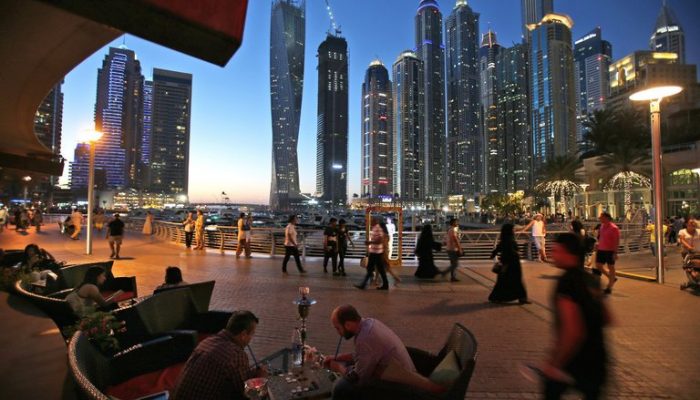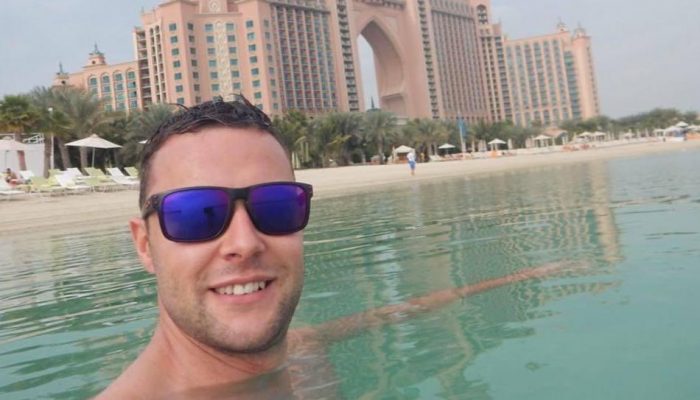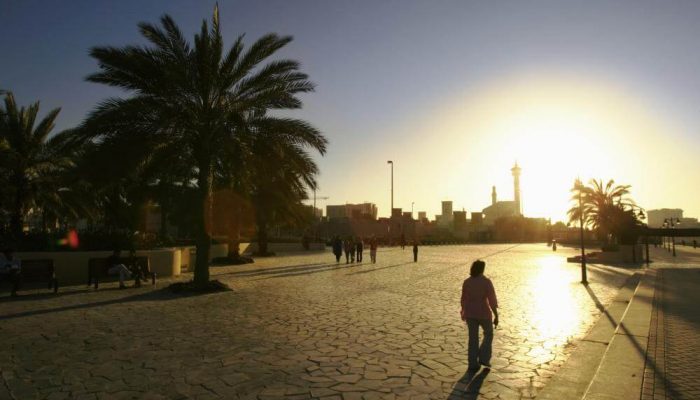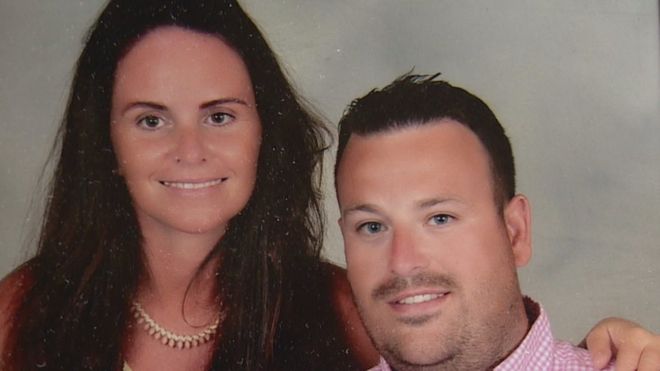From December 4, prosecutors in Dubai will be able to find suspects involved in certain types of misdemeanour and minor offences, including some bounced cheque and cursing cases, instead of referring them to court.
Dubai’s Attorney-General Essam Eisa Al Humaidan issued decision No. 88 of 2017, according to which prosecutors of the of Deira, Bur Dubai, and Family and Juvenile’s prosecution wings can start issuing criminal orders starting December 4.

The list of misdemeanours is limited to certain minor offences including bounced cheques [up to Dh200,000], failing to pay for food, car rent or room rent [up to Dh50,000], defamation and cursing [excluding government sector employees] attempted suicide and disturbing victims through the use of telecommunication systems.
Prosecutor-General Mohammad Ali Rustom, Head of the Family and Juveniles Prosecution, told Gulf News on Monday: “The criminal order is an excellent step and a timely one as well. It has come to solve many hindrances and delays that litigants face. The litigation process requires a prosecutor to issue a decision on whether or not to indict a suspect and refer him/her to a court or dismiss the case. Litigants [suspects and/or victims] used to wait for long periods … but now the criminal order has come to save the time of litigants and, remarkably, tourists.”
Dubai is a major international tourist hub attracting millions of visitors every year, many of whom could get involved in misdemeanours, he said.
“There have been cases involving tourists, who came here to enjoy their holidays but ended up getting stuck for weeks and months after having committed minor offences. In certain incidents, some litigants had to wait for six months. The criminal order reduces the waiting time for tourists, who end up being involved in such misdemeanours, and who do not have to wait for long periods waiting to be referred to the Misdemeanours Court … in case they are guilty, they pay a fine rather than waiting,” Rustom told Gulf News.
A chief prosecutor, who preferred not to be named, said the criminal order assists Dubai Public Prosecution in achieving its goals to make procedures faster and easier to complete for litigants in cases pertaining to specific minor crimes.
According to the Attorney-General’s decision, a copy of which was obtained by Gulf News, Rustom; Prosecutor-General Yousuf Foulad, head of the Deira Prosecution; and Prosecutor-General Sami Al Shamsi, head of the Bur Dubai Prosecution, are entitled to assign a prosecutor to issue, amend or cancel a criminal order.
Bassam Za’za’, Legal and Court Correspondent. “Fines to Replace Court Trials in Some Minor Offences in Dubai.” GulfNews, Gulfnews, 13 Nov. 2017, gulfnews.com/news/uae/courts/fines-to-replace-court-trials-in-some-minor-offences-in-dubai-1.2123797.









